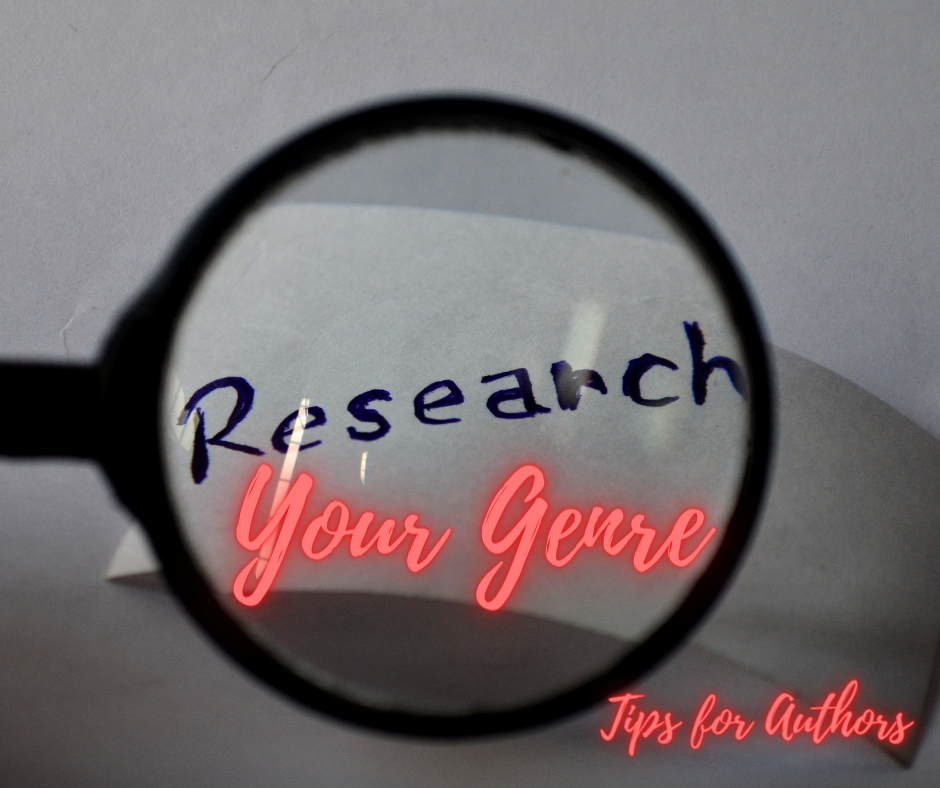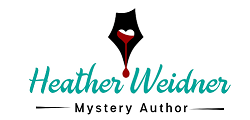Research Your Genre - Tips for Authors
/It’s often hard when writers plan out a new WIP (Work in Progress), especially if they want it to be a series. You need to know what will be selling in the next two to three years, and I don’t know about you, but my crystal ball is broken. Here are some ideas that can help as you plan your next project.
Read everything you can get your hands on in your genre. It helps you to see what is popular now and the trends.
Read all of the acknowledgment pages. See who the agents, publicists, and editors are. This will help you later when you query.
Peruse online book retailers and visit bookstores to see what is on their shelves. You’ll need a list of comps (comparables) when you start your querying process.
Many times, books are rejected because the publisher already has one that is similar.
If you believe in your story, you need to come up with ways to show that it is different from everything else that is out there. What makes it unique?
Look at agents’ websites and their wish lists. This shows you what they represent and is often a good indicator of what they think they can sell in the next few years.
When you’re plotting your story, look for hooks that will appeal to your type of reader. Set it in a unique place. Give your character an interesting job that readers want to know more about.
Write the best book you can. Make sure that it is professionally edited before you begin the query process.
The publishing business is a tough business. Agents and editors represent stories they think will sell, so it’s a good idea to spend some time researching your genre.
















